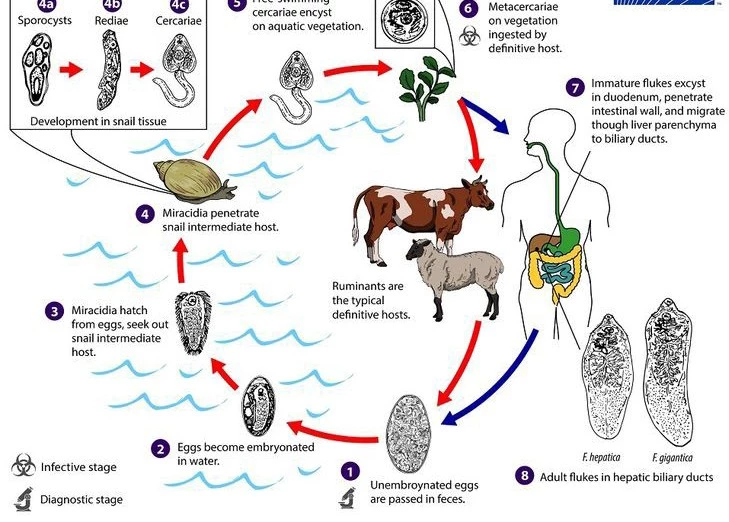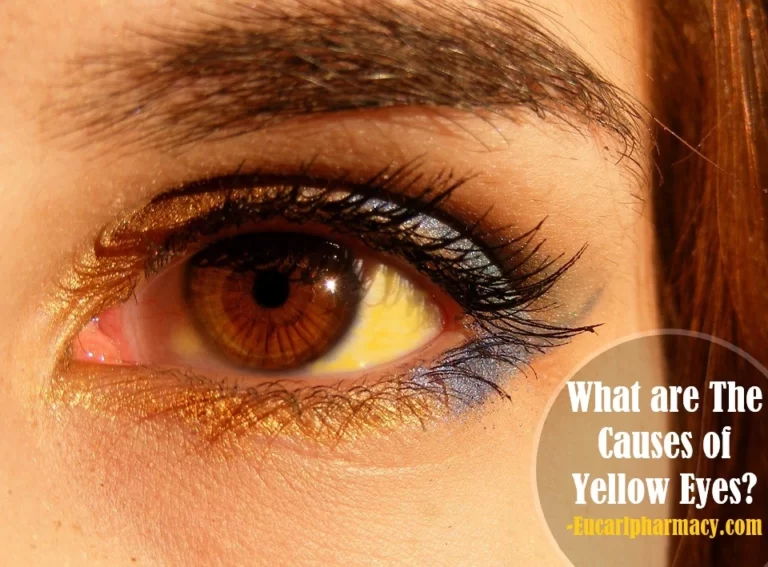Differences Between Bipolar Disorder and Emotional Lability
Are bipolar disorder and emotional lability the same thing? In this article, you will discover why someone is not bipolar just because they are emotionally unstable.
Although it may seem that bipolar disorder is related to instability or emotional lability, these are concepts with important differences, and in this article, we will explain why.
You have certainly heard of bipolar disorder, or, when you hear that term you imagine someone with sudden mood swings. However, bipolar disorder is not that and, in fact, it is a much more complex disorder.
What is Bipolar Disorder?
Bipolar disorder is a mood disorder characterized by the presence of manic or hypomanic episodes and depressive episodes. Therefore, it goes far beyond being emotionally unstable, and, in fact, this concept is misused in everyday language.
Why? Many people talk about someone being “bipolar” when that person has some instability or emotional lability or shows recurring mood swings.
People with bipolar disorder can also have emotional lability.
Types of Bipolarity
Being bipolar implies the appearance of these episodes we mentioned. A manic episode lasts at least 1 week (so we are not talking about a specific moment).
A hypomanic episode lasts at least 4 days and a depressive episode at least 2 weeks. In bipolar disorder, there must have been at least one manic or hypomanic episode and one depressive episode over time.
This actually means type I bipolar disorder when a manic episode and a depressive episode appear, and type II bipolar disorder when a hypomanic episode and a depressive episode appear.
Episodes of Bipolar Disorder
A manic episode is defined as an abnormal and persistently elevated, expansive, or irritable mood. Abnormal and persistently increased levels of activity and energy are recorded, with symptoms such as exaggerated self-esteem or greatness, decreased need for sleep, verbiage, flight of ideas, etc.
In the case of the hypomanic episode, the symptoms are the same, except for the temporality (in this case, it lasts 4 days and not 7) and the episode is less severe or does not require hospitalization.
The depressive episode is characterized by a depressed mood most of the day, nearly every day, or a decrease in the interest or capacity for pleasure (apathy and anhedonia), followed by other symptoms such as insomnia or hypersomnia, or fatigue loss of energy, feeling of uselessness, agitation or psychomotor deceleration, etc.
Differences Between Bipolar Disorder and Emotional Lability
Bipolar disorder has been well defined and further explained, what about emotional lability?
Emotional lability is defined as the abnormal variability of the expression of affection, with repeated, rapid, and sudden changes. It would be like an equivalent to emotional instability.
People who show emotional lability are seen by others as intense people, who move from one emotion to another in a matter of seconds or minutes.
In that sense, it is difficult for them to find a balance in their emotions (and their changes appear quickly).
Bipolar Disorder and Emotional Lability
What are the differences between bipolar disorder and emotional lability? First of all, bipolar disorder is a serious disorder and emotional lability is a characteristic of the person. In other words, emotional lability is not a mental disorder, although it is an affective disorder.
On the other hand, emotional lability involves mood swings: namely, changes occur rapidly and are interspersed.
In contrast, in bipolar disorder, the changes are not so sudden and the duration of euphoria (manic episode) or sadness and anhedonia (depressive episode) is longer.
Remember that these episodes last at least 4 days. In contrast, the change in affective states in emotional lability can take minutes.
Finally, bipolar disorder requires medication (lithium is often used), while emotional lability is usually treated only with psychotherapy.
Read Also: Differences Between Alzheimer’s And Parkinson’s
Final thoughts
As we can see, they are two concepts that should not be confused. While the first constitutes a real mental disorder, in the second case we are talking about a change in character.
Both situations generate interference in the person’s life, but bipolar disorder has a much greater impact.
There are people with bipolar disorder who have emotional lability, but not because they are emotionally labile, people are bipolar (for this it is necessary to have the affective episodes explained). Herein lies one of the most important differences that will allow us to distinguish these concepts.






